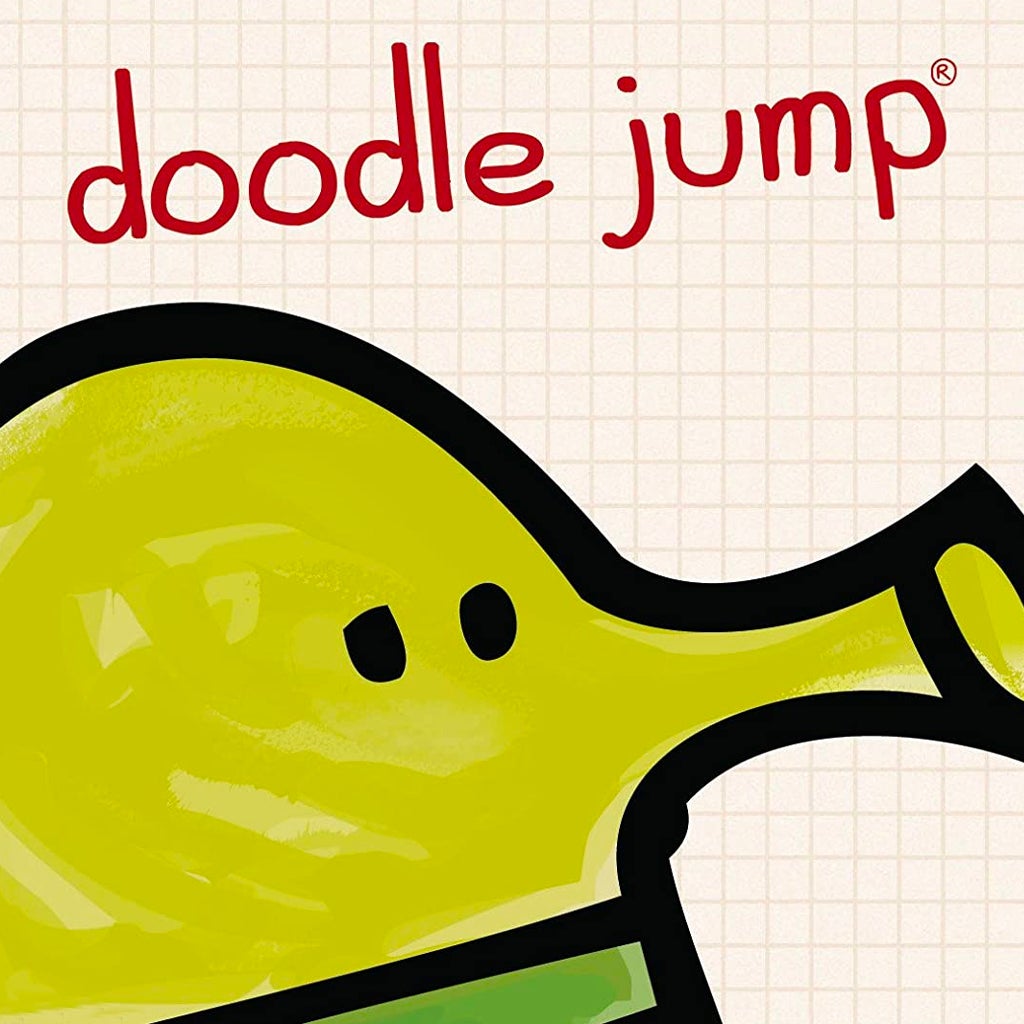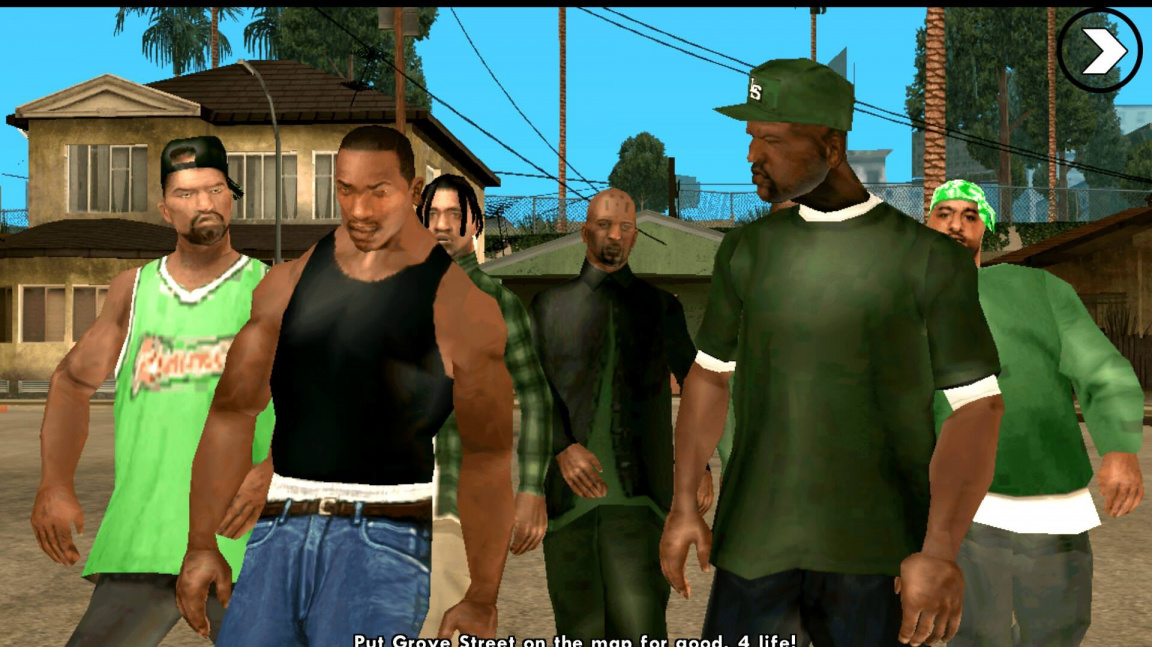Uncover how tariffs impact video games, from the increasing console and accessory prices to delays in game production. Let’s see how gamers can adapt

Let’s look into the effects tariffs will have on the Video Gaming world. Firstly, what exactly are tariffs?
We might have all heard in the news that on February 5th, the Trump administration began implementing tariffs on countries (Mexico, Canada, China, etc.). However, what does that even mean? Tariffs are taxes on goods imported or exported between countries Let’s discover how they impact gamers.
1. Increase in console cost and accessories

Mexico being the primary manufacturer of gaming discs means that they will have to start paying taxes to export games to the U.S. As a result, Mexico could limit the number of discs it sends to the U.S. to reduce tax payments. The nostalgic feeling of putting a video game disc into their console might slowly be fading away.
Tariffs will not only apply to video game discs but also to consoles and accessories, leading to price increases. China, the largest manufacturer of consoles, tech units, laptops, and smartphones, faces tariffs on its goods. This makes products like PlayStations, Nintendo Switches, Xboxes, and even iPhones more expensive.
2. Delayed game releases

When tariffs disrupt the supply chain, gaming companies may delay new product launches. For example, if a tariff increases the cost of producing a new PlayStation or Xbox console, the manufacturer might push back its release to find other production solutions.
This also applies to physical game releases. If production and shipping costs rise due to tariffs, game studios may choose to delay launching physical editions, encouraging more players to switch to digital downloads. It definitely might take you longer to enjoy that GTA 6.
3. Even more expensive P.C gaming

The impact of tariffs goes beyond consoles to gaming PCs and components. High-performance parts such as graphics cards (GPUs), processors (CPUs), and SSDs are often obtained from overseas manufacturers. Tariffs on these imports can make PC gaming notably more expensive.
Game developers, especially those working with advanced hardware for game testing and design, may also face increased costs. Indipendent studios with small budgets might struggle to afford the latest hardware, potentially delaying development or reducing the quality of their games.








Leave a Reply